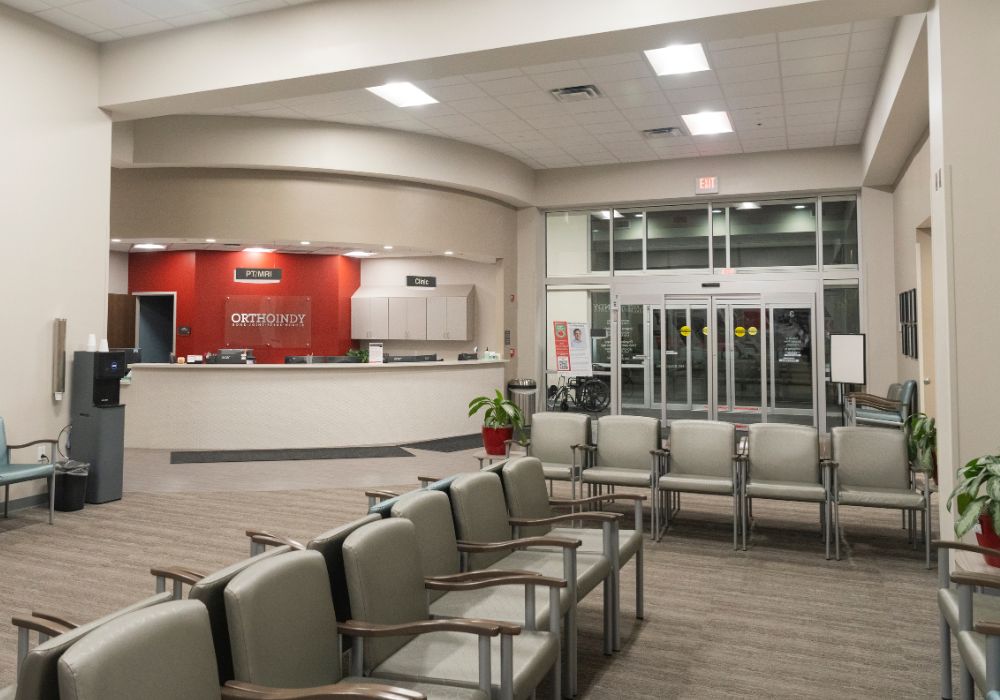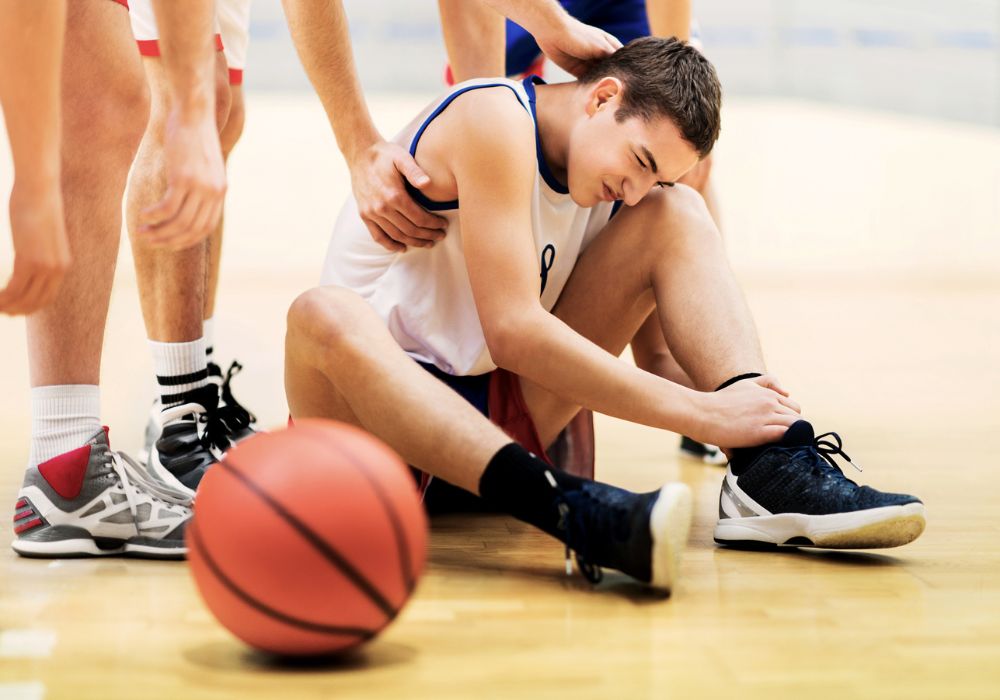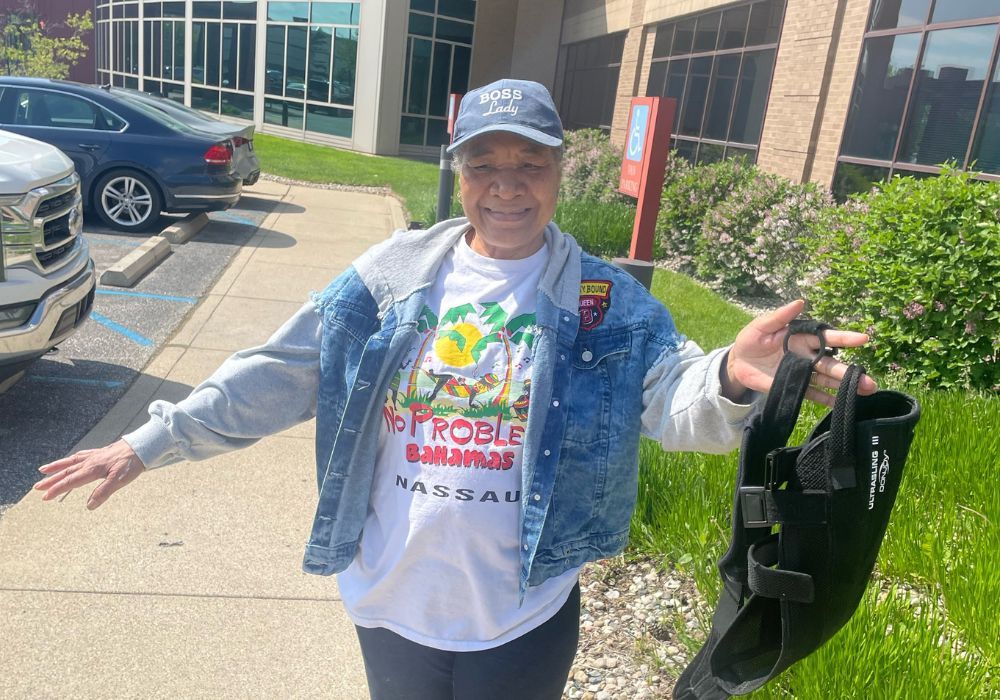Dr. Jeffery Soldatis, sports medicine surgeon, answers common questions about shoulder injuries.
Q. What are the warning signs of a shoulder injury?
A. Warning signs of a shoulder injury are pain that does not resolve within a few days of an accident, pain that keeps one awake at night and pain that persists even with minor activities of daily living, such as dressing or basic hygiene. Minor strains or muscle spasms will generally resolve within a few days. Things that really persist beyond five to seven days are probably more indicative of a possible significant shoulder injury.
Q. What are the most common shoulder injuries you treat?
A. The most common shoulder injuries I treat include: rotator cuff tendonitis and tears, shoulder strains, which may possibly be instability, and labral tears (or problems with the ‘bumper’ of the socket side of the shoulder). All of these injuries have symptoms that generally do not resolve within a week.
Q. What are the different treatment options for shoulder injuries?
A. The treatment options for shoulder injuries depend upon the actual findings from the evaluation. The most important part is identifying that the symptoms have persisted and are affecting the normal function of the shoulder. This will then lead the patient to an evaluation by a primary physician or possibly directly to an orthopedic specialist. The patient’s history and examination will be very important in determining what may be going on and if the pain can be resolved with physical therapy or require surgical intervention. An orthopedic specialist is the best qualified healthcare professional to determine which course of treatment is prescribed.
Q. How are most shoulder injuries caused?
A. Shoulder injuries are most commonly caused by either a fall, an injury during a sporting event, a higher energy strain from a contact sport such as football, basketball or soccer, and possibly throwing injuries. Other ways to injure the shoulder include weightlifting, especially if general guidelines are over-exerted or a lot of overhead or more ballistic actions are being utilized. You should be particularly careful when participating in more strenuous exercise routines that you might not be used to.
Q. Is there a certain way athletes can avoid shoulder injuries?
A. Some basic principles for athletes to avoid shoulder injuries are:
- Stay in shape during the pre-season and be ready to begin more strenuous workouts with some background fitness.
- When new routines are introduced, the athlete should progress to these gradually and listen to coaches with experience on how to increase intensity. Exercises or activities which cause pain, especially pain that persists with the activity, should be addressed with the coach or trainer.
- As athletes progress through the latter years of secondary school, sporting events will become more strenuous and intense. Athletes cannot get along by skill alone but must have appropriate strength programs and be active in those. Beyond college, one of the most consistent ways to avoid injury is to remain regularly active and do not become a “weekend warrior”. Weekend warriors keep orthopedic surgeons very busy.
Q. Is there anything else you would like to add?
A. The adage I use a lot in the office with patients is we need to “train wiser, not harder”. The belief of “no pain no gain” is something left over from the 70s and 80s and really no longer applies. Certainly an effort must be made for workouts, but it must be controlled, contained and should not be painful beyond an “exertion stage”. It is also important to respect ones joints, especially the shoulder, because once an injury occurs the recovery can be long and arduous and can affect both physical activity and work activity. Finally, my pet peeve, avoid the military press or generally any weight pushing overhead. There are better exercises that can work these muscles without a high probability of aggravating the rotator cuff.
To schedule an appointment with Dr. Soldatis please call 317.569.2515. or learn more about shoulder treatment at OrthoIndy.
Schedule an appointment
Your well-being is important to us. Click the button below or call us to schedule an appointment with one of our orthopedic specialists. If your injury or condition is recent, you can walk right into one of our OrthoIndy Urgent Care locations for immediate care. For rehabilitation and physical therapy, no referral is needed to see one of our physical therapists.





